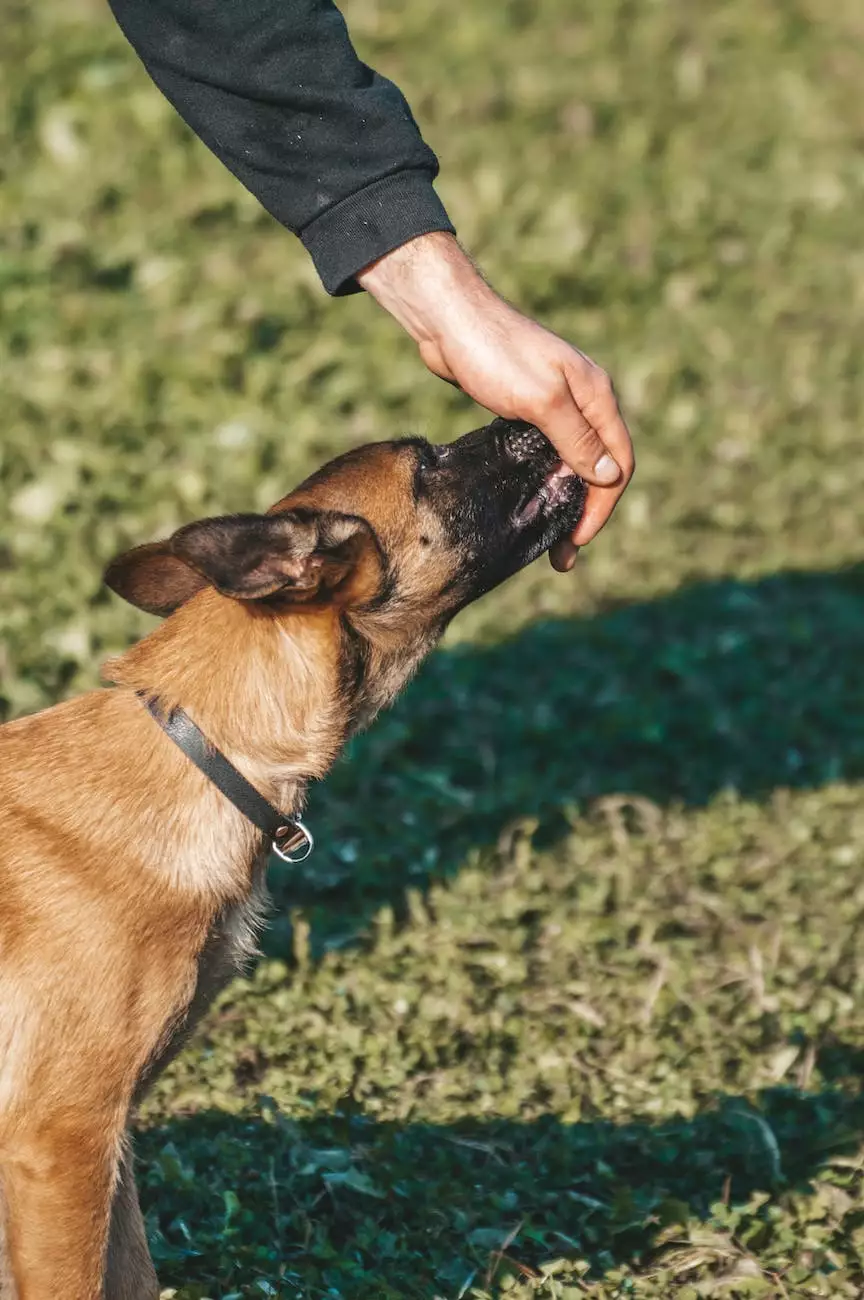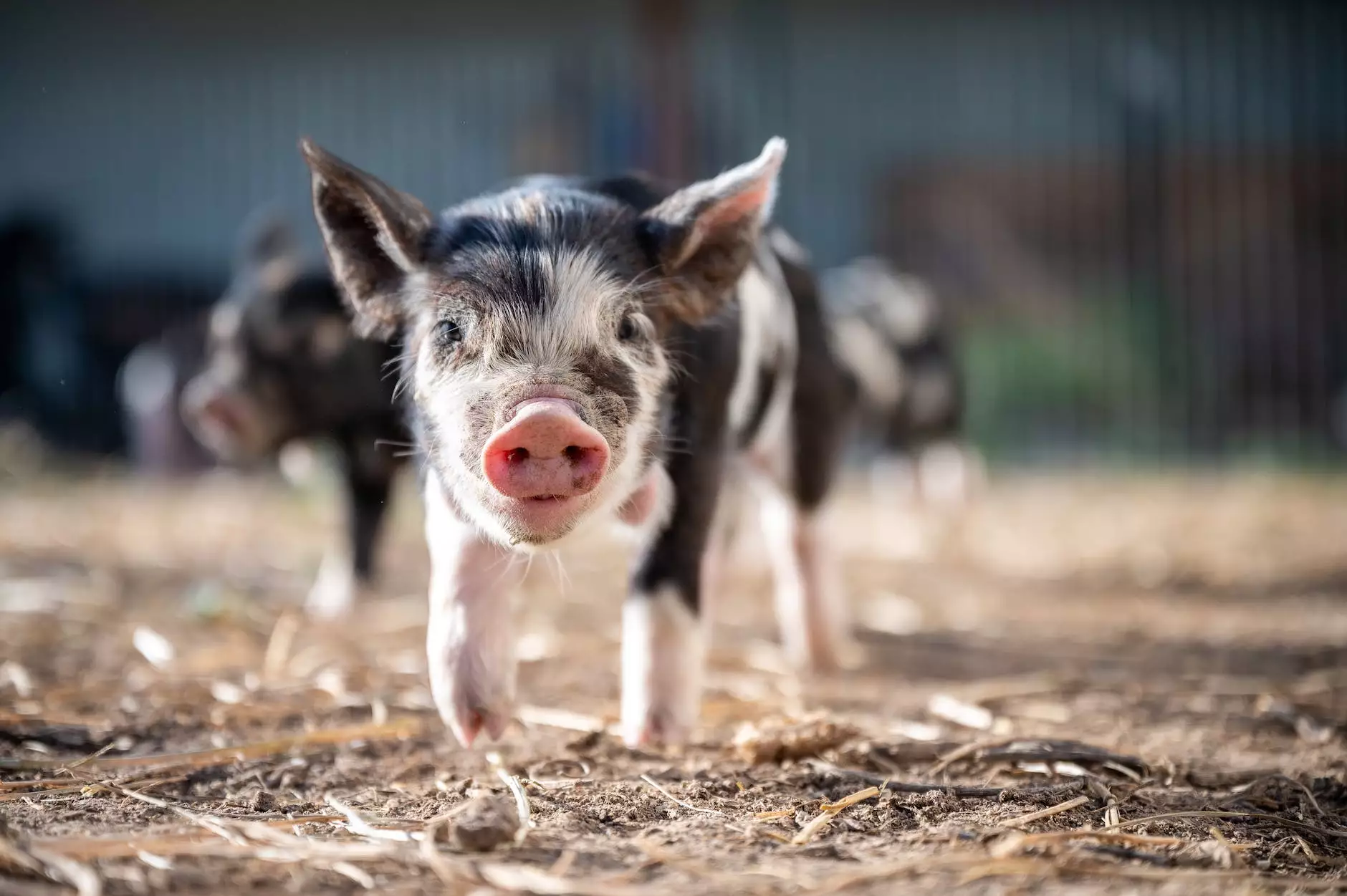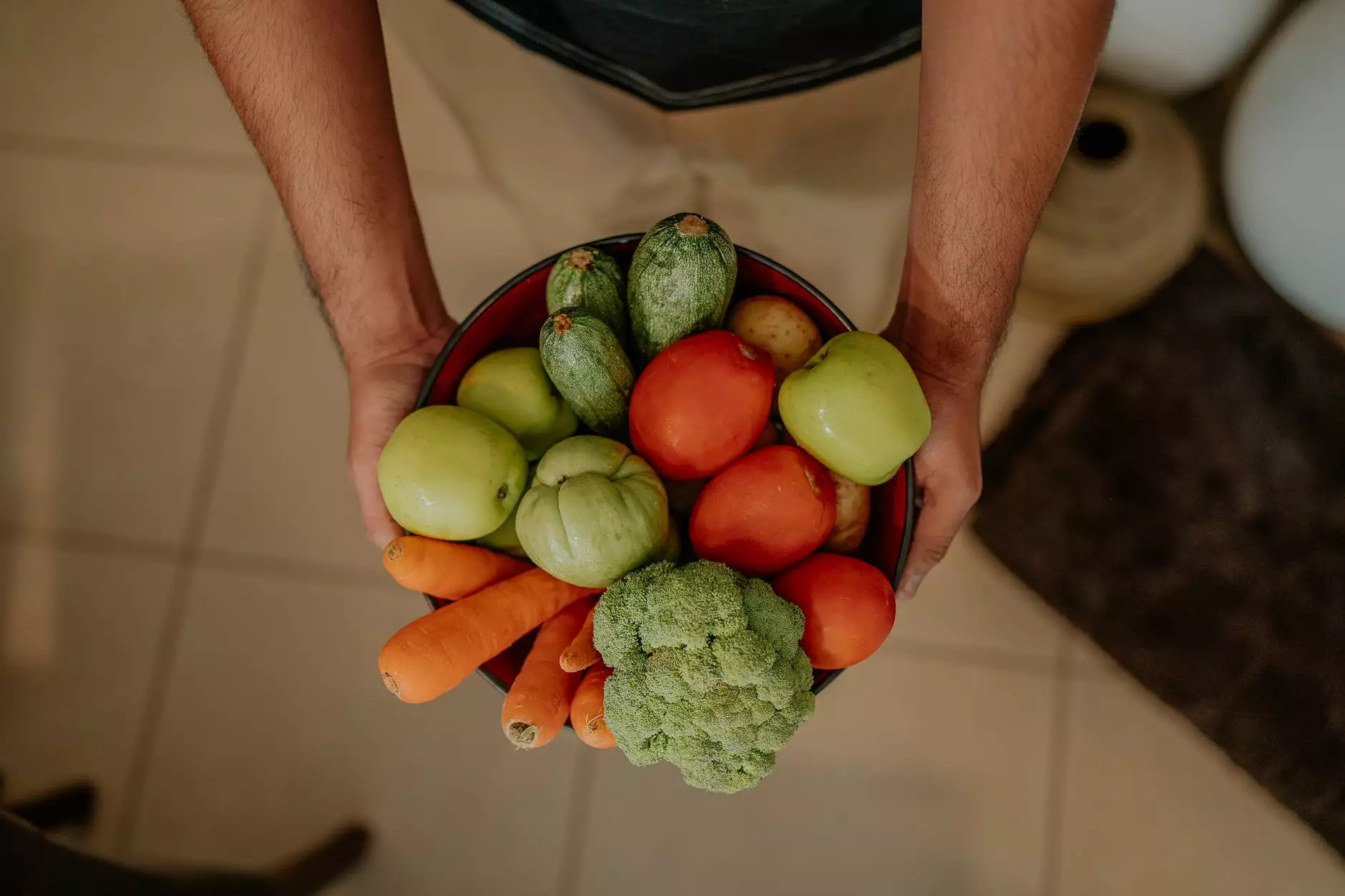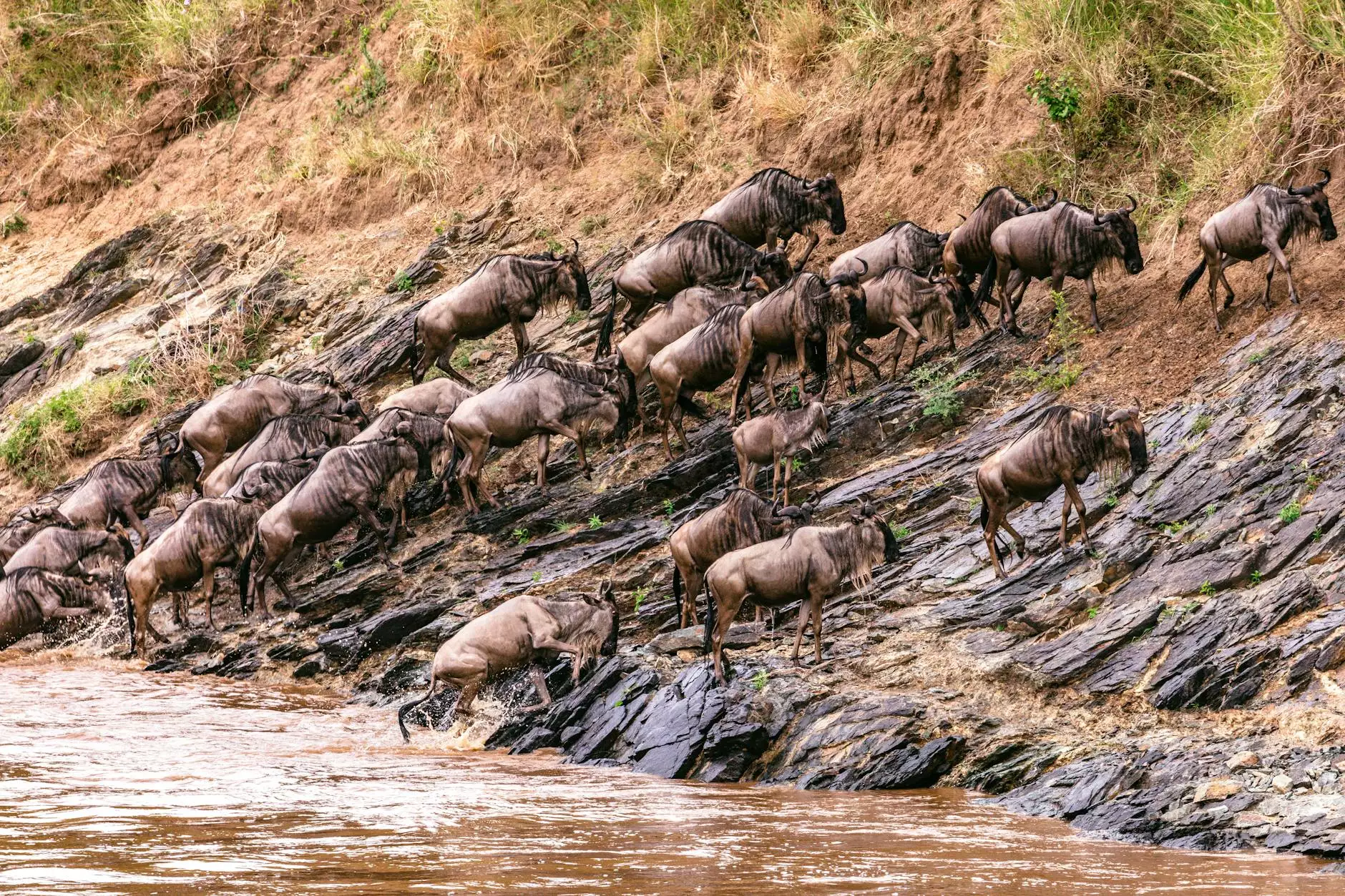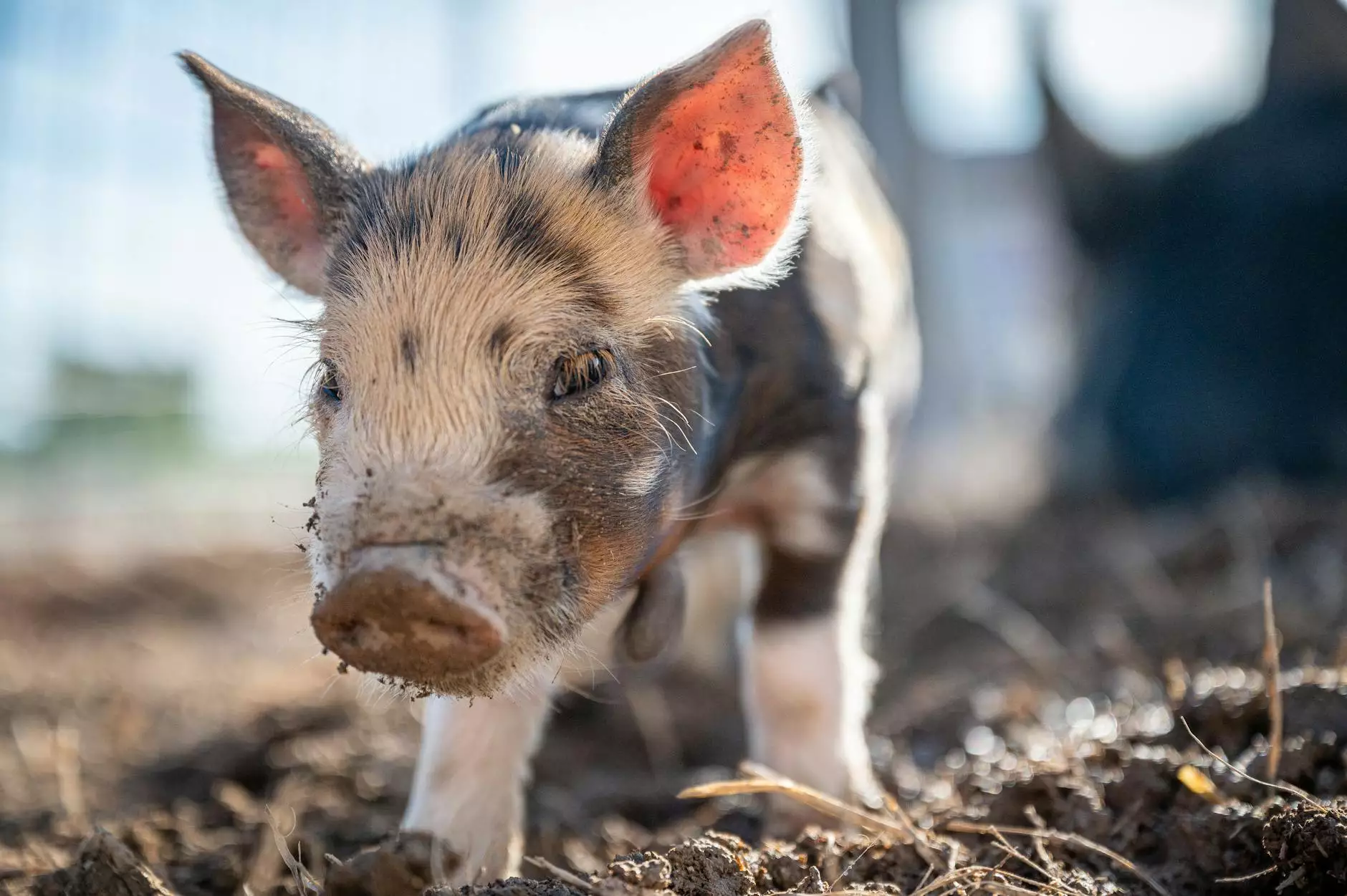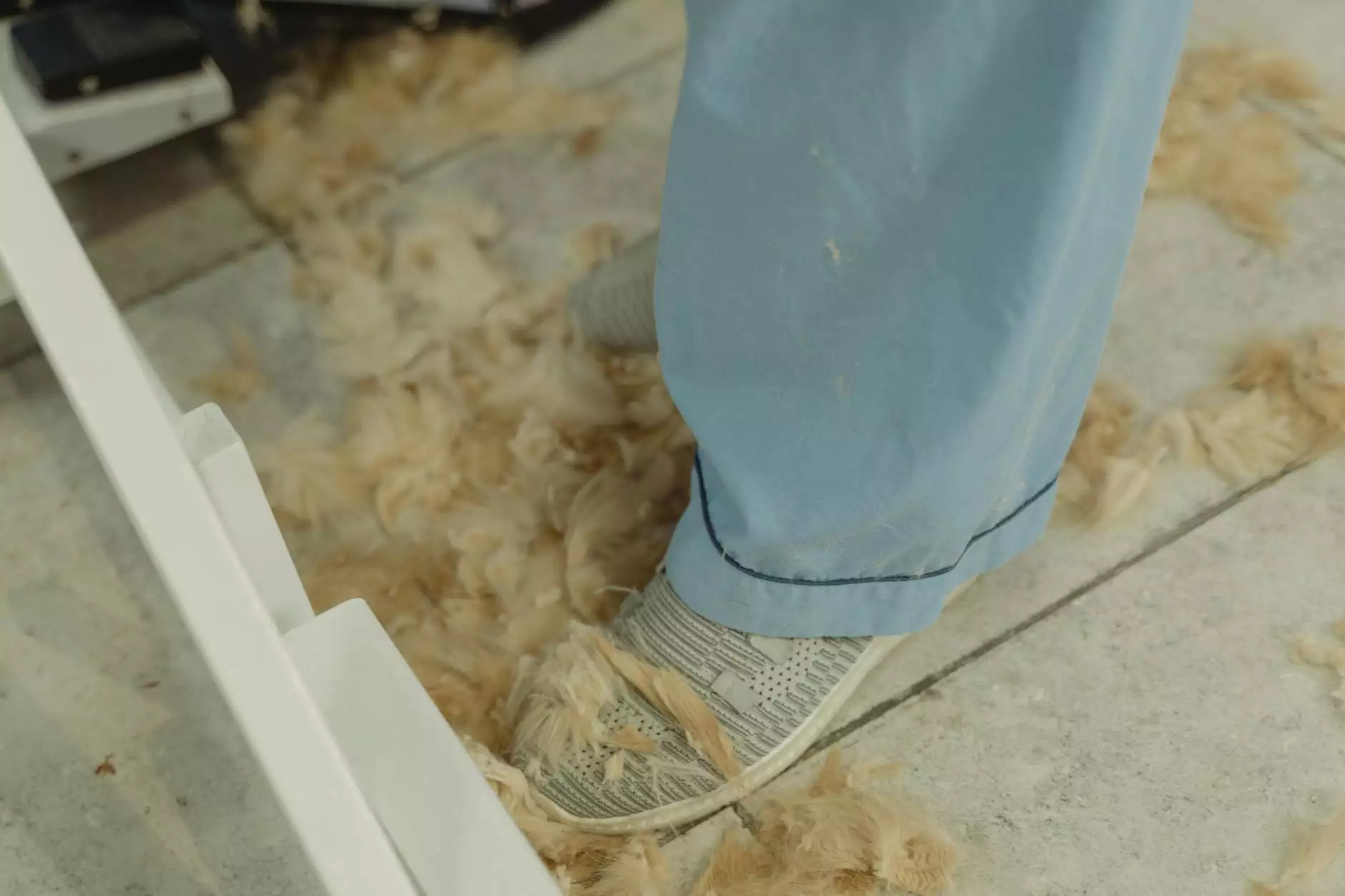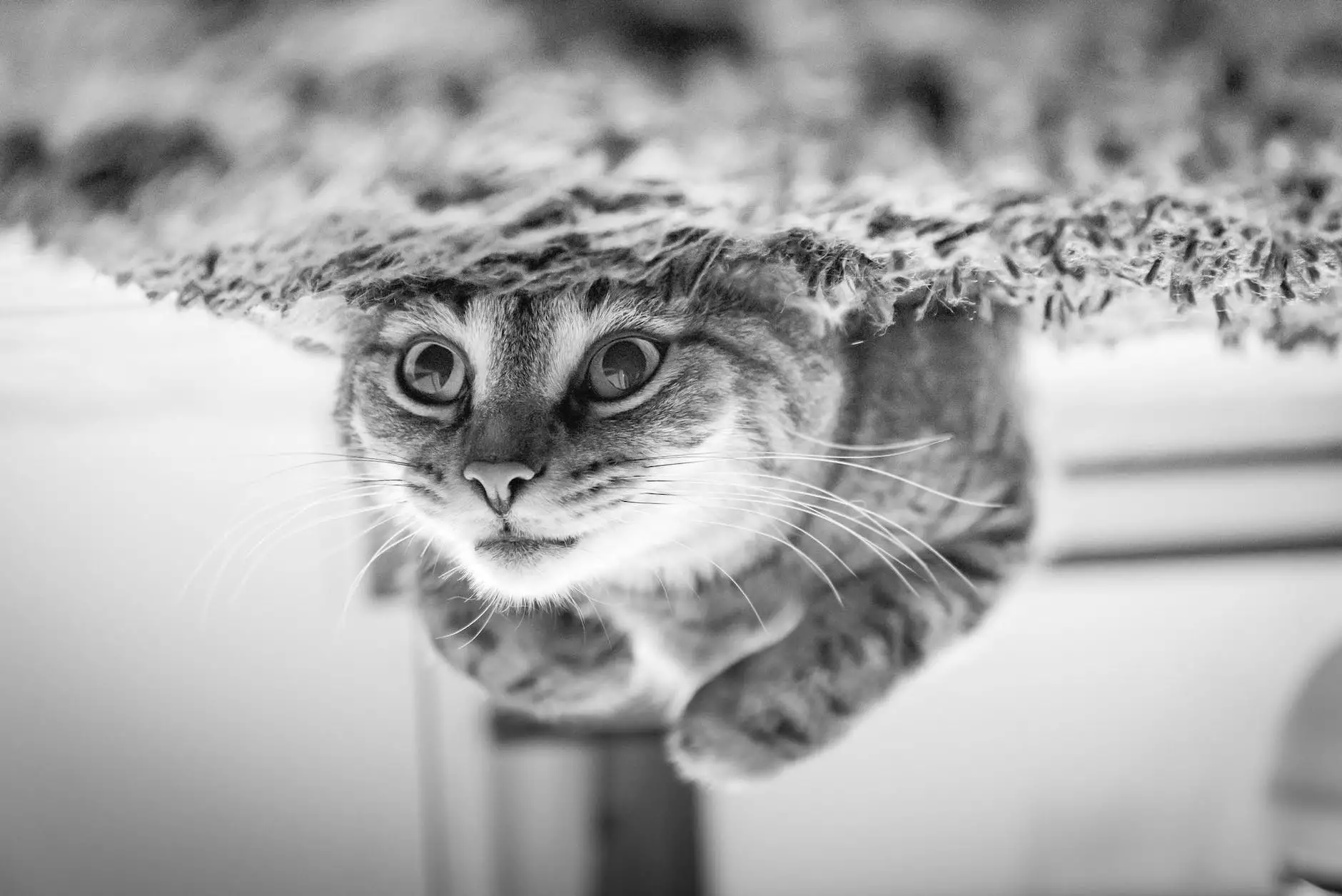Nutrition Information for Exotic Savannah Cats

Welcome to Exotico Savannahs, your trusted source of information on providing the best nutrition for your beloved exotic Savannah cats. As passionate cat lovers ourselves, we understand the importance of a well-balanced diet in promoting their overall health and happiness. In this comprehensive nutrition guide, we will provide you with valuable insights, tips, and recommendations to ensure that your furry friends receive the optimal nutrition they need.
Why Proper Nutrition Matters for Exotic Savannah Cats
As majestic and unique as exotic Savannah cats are, their nutritional needs differ from those of regular domestic cats. It is crucial to meet their specific dietary requirements to ensure their well-being and longevity. Proper nutrition plays a vital role in maintaining their healthy coat, strong immune system, and overall vitality. By providing a well-balanced and nutritious diet, you can help prevent various health issues and ensure that your beloved pet thrives.
The Key Components of a Healthy Diet
When it comes to feeding your exotic Savannah cat, there are several essential components that should be included in their diet:
- High-Quality Protein: Savannah cats are obligate carnivores, meaning they require a diet that is rich in animal-based protein sources. Include high-quality meats such as lean chicken, turkey, or fish to meet their protein needs.
- Essential Fatty Acids: Healthy fats are an integral part of their diet, contributing to their skin and coat health. Incorporate omega-3 fatty acids, found in fish oil or supplements, to promote a glossy and lustrous coat.
- Complex Carbohydrates: While exotic Savannah cats primarily rely on protein, they also benefit from a small percentage of complex carbohydrates. Brown rice, sweet potatoes, and pumpkin are excellent options to provide energy and promote digestion.
- Water: Hydration is crucial for all cats. Ensure that your cat always has access to clean and fresh water to maintain their overall health and prevent urinary issues.
Creating a Balanced Feeding Plan
Establishing a balanced feeding plan for your exotic Savannah cat is a key step in providing optimal nutrition. Here are some guidelines to assist you:
1. Consult a Veterinarian
Before making any significant changes to your cat's diet, consult a veterinarian who specializes in exotic cats. They can provide valuable insights, assess your cat's specific needs, and recommend appropriate dietary adjustments.
2. Choose High-Quality Commercial Cat Food
Opt for high-quality commercial cat food that is specifically formulated for exotic cat breeds. Look for brands that use real meat as the primary ingredient and avoid those with excessive fillers, artificial additives, and preservatives.
3. Consider Raw or Homemade Diets
Some Savannah cat owners prefer to feed their pets raw or homemade diets. If you choose this route, ensure that you consult with a veterinary nutritionist to create a well-balanced and safe meal plan that meets all the necessary nutrients.
4. Portion Control
Excess weight can lead to health problems in exotic Savannah cats. Follow a portion control system recommended by your veterinarian to maintain your cat's ideal weight and prevent obesity-related issues.
5. Monitor and Adjust as Needed
Regularly monitor your cat's weight, overall health, and behavior. Adjust their diet accordingly based on their individual needs, growth stages, and any health conditions they may develop.
Frequently Asked Questions (FAQs)
Q: Can I feed my exotic Savannah cat a vegetarian diet?
A: No, exotic Savannah cats require a high-protein diet derived from animal-based sources to meet their nutritional needs properly. A vegetarian diet may lack essential amino acids and vital nutrients, leading to severe health issues.
Q: How often should I feed my exotic Savannah cat?
A: Exotic Savannah cats benefit from multiple small meals throughout the day. Aim for feeding them at least three to four small meals to mimic their natural hunting and foraging behavior.
Q: Are there any foods that are toxic to exotic Savannah cats?
A: Yes, several foods can be harmful or even fatal to exotic Savannah cats. These include chocolate, onions, garlic, grapes, raisins, alcohol, caffeine, and certain artificial sweeteners. Always ensure that your cat's environment is free from these substances.
Conclusion
Proper nutrition is vital in ensuring the overall health and well-being of your exotic Savannah cat. By following our comprehensive nutrition guide and providing a well-balanced diet, you can help your furry friend live a long, happy, and healthy life. Remember to consult a veterinarian for personalized advice and enjoy the rewarding journey of nourishing your exotic Savannah cat.


